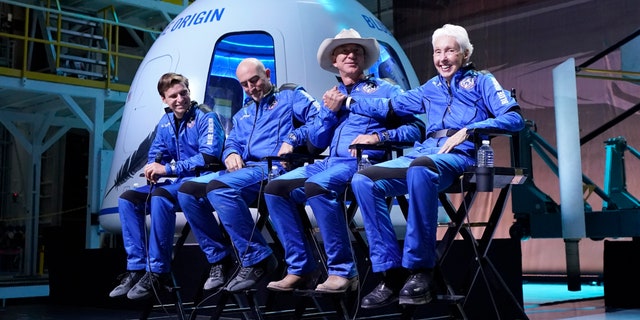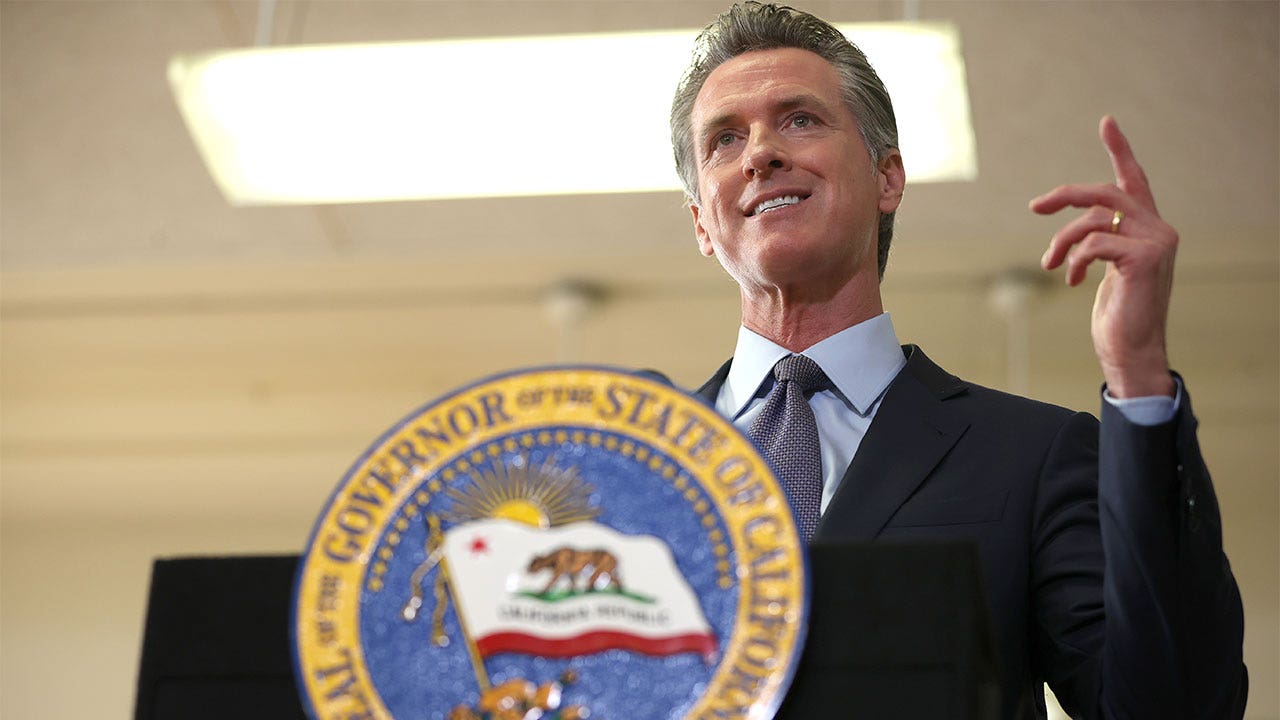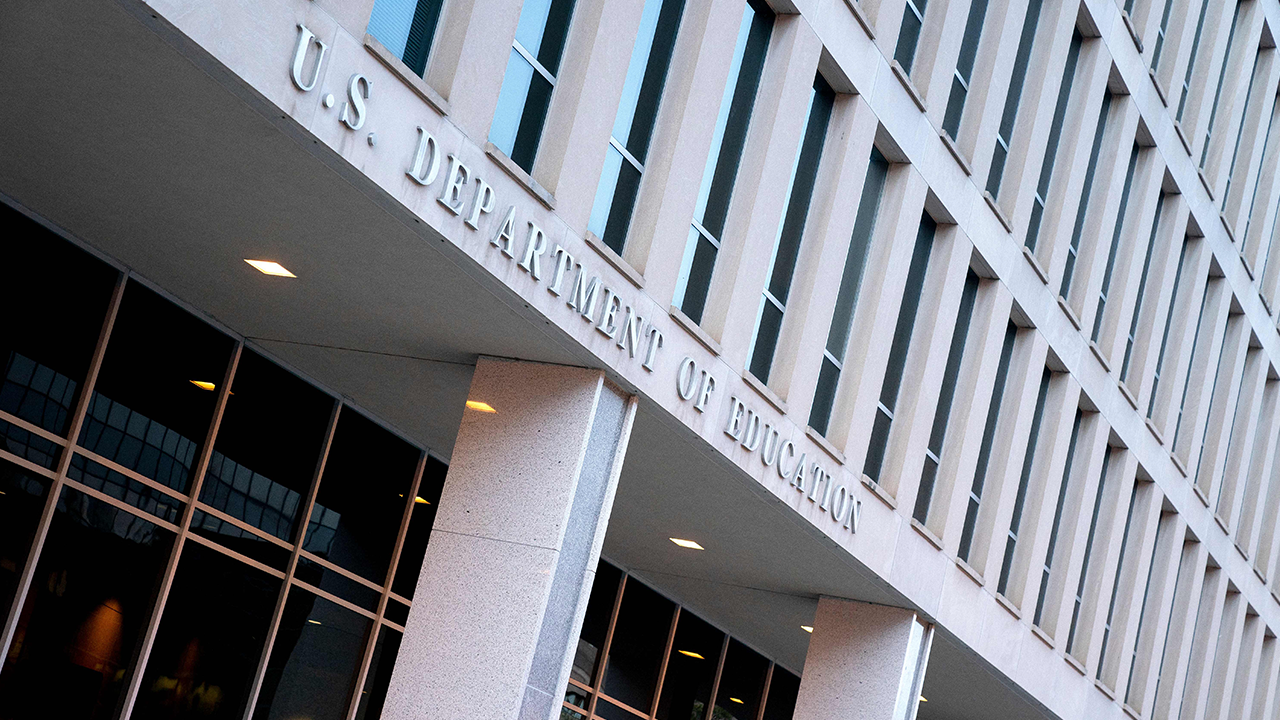Five hundred years is a long time, even for human civilization. That’s why it is significant and worth considering that the colonization of space, which finally appears to be on the near horizon, is a phenomenon mankind really hasn’t experienced for half a millennium. Not since the discovery of the New World, in particular North America, has the opportunity to craft a major society out of (more or less) whole cloth been around the corner.
When we think about colonizing the Moon, or Mars, we tend to consider water supply, food, how people will breathe, and that’s all very natural. But a far more complicated, and ultimately important question is how will these first space-humans govern themselves? And this is no longer the domain of science fiction, humans in space will be crafting and breaking laws before we know it.
INSIDE BILLIONAIRES ELON MUSK AND JEFF BEZOS’ RACE FOR SPACE
There are dual purposes served by considering how our space colonies will operate politically. One is that it is coming soon and needs to be worked out, but the other is that it provides an opportunity to really reflect on the nature of our own government. The question of how we would structure our political life if we had to start over is no longer esoteric, it is upon us. So, what should we keep and what should we perhaps disregard in forging the governments of space.
From an American perspective, the most basic answer to this question ought to be, whatever the colonists want. Polls show that as many as a quarter of Americans would go live on a Mars colony. When they start going, it ought to be with some kind of space-age Mayflower Compact. And history shows the advantages of a hands-off approach from the old, or home world.

FILE – Oliver Daemen, from left, Mark Bezos, Jeff Bezos, founder of Amazon and space tourism company Blue Origin, and Wally Funk, right, participates in a post launch briefing where they discussed their flight experience aboard the Blue Origin New Shepard rocket at its spaceport near Van Horn, Texas, on July 20, 2021. The Federal Aviation Administration said Friday, Dec. 10, 2021, they are no longer present commercial astronaut wings starting next year, too many people are launching into space. All 15 people who rocketed into space this year on private flights from the U.S. will still receive their wings from the FAA.
(AP Photo/Tony Gutierrez, File)
A vital wrinkle in the creation of the Massachusetts Bay Company in the 1620s was that the governing body would reside in the colony, not in England. This was new, and it afforded a level of autonomy that its governor, John Winthrop, used to create a thriving, self-governed, society. One free to aspire to its own moral and political ends.
Winthrop wrote before setting off, “All other churches of Europe are brought to desolation, and it cannot be, but the like Judgement is comminge upon us: And who knows, but that God hath provided this place, to be a refuge for manye, whom he meanes to save out of the general destruction.” That’s rather gloomy stuff, and yet, is it so far from the general despair that so many in America and the West feel today?
Of course, the Massachusetts Bay Colony was a financial endeavor, as well. And that is also going to be the case as future billionaires like Elon Musk and Jeff Bezos propel our expansion into the unknown. How much control should the earthbound shareholders and CEOs have over the nonworking lives of citizens of Mars?
Perhaps political autonomy is an idea too outdated for space dwellers, perhaps democracy is, as well. America and the West won’t be the only ones in space. Couldn’t we lose out to an authoritarian Chinese colony ordered and efficient, coursing with the oil of social credit systems? Or a Russian colony bogged down by corruption, but willing to kill or be killed for power?
 Video
Video
In the 17th Century what set American colonies apart wasn’t just the autonomy, but the people drawn to that autonomy even at the risk of financial ruin or death. They weren’t moving to Florida to test it out, they were trying to create a whole new place made in their own image. The immense power of that little idea would eventually defeat the might of British arms. Let’s hope it never comes to that with Mars.
CLICK HERE TO GET THE OPINION NEWSLETTER
Throughout history the settler and colonial class has shown zeal and ambition that is only amplified by the promise of living on their own terms. And unlike 500 years ago, this compact, or social construct will be agreed to by all the people.
Many things in American society today feel stuck, many are. From baby formula shortages to ever-mangled and dangerous foreign affairs, to stark and sad partisan division, but we, too, are just a step in the broader experiment of freedom and democracy.
CLICK HERE TO GET THE FOX NEWS APP
As the billionaires’ toy rockets go up, we know that soon they will be tools that build a new society. We also know that society must be free. Amidst the difficulty we ought to spare some moments to think about this marvelous opportunity we give to the next generation, and let it bring us joy. Maybe all isn’t lost after all.
 Iktodaypk Latest international news, sport and comment
Iktodaypk Latest international news, sport and comment






